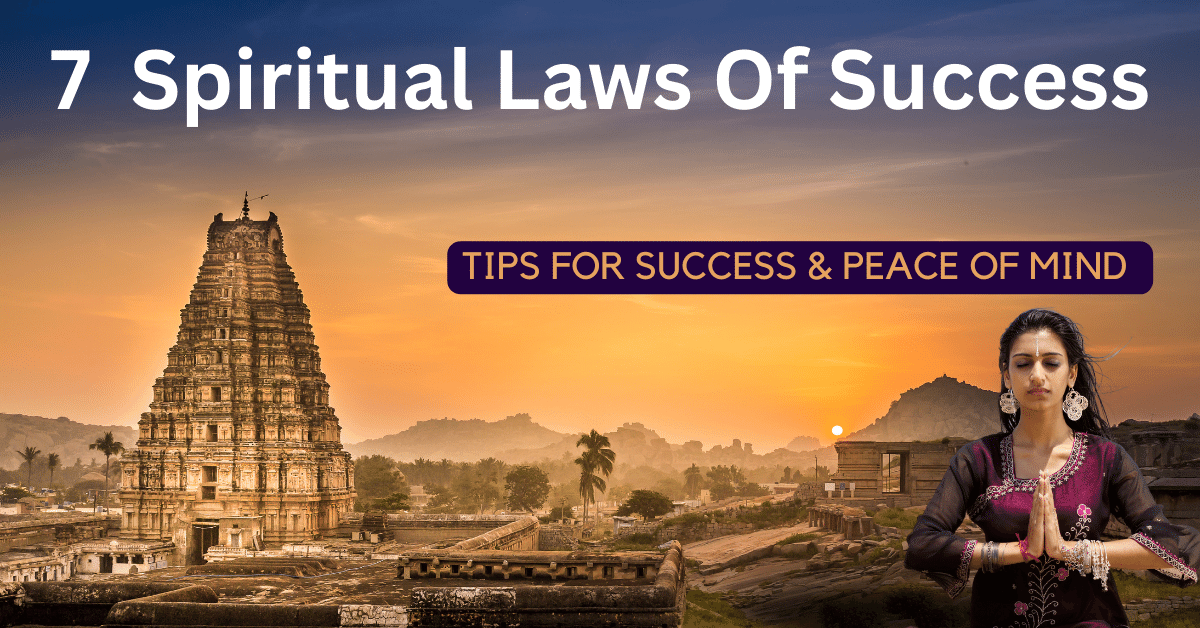Updated: 25-07-2025
The Ramadan festival is for Muslims.
On the eve of Ramadan, Muslims all over the world start fasting every day for 30 days.
The fasting starts early in the morning before sunrise and ends in the evening after sunset, as ordained in the Quran.
As the fasting includes no food or liquids, everyone should follow proper health consciousness during Ramadan fasting.
Spiritual and Health Benefits of Ramadan Fasting
Why do Muslims need to fast?
As documented in Chapter 2, Verse 183 in the Holy Quran Allah says “you who believe, fasting has been prescribed for you as it has been prescribed to those before you in order that you may attain Taqwa”.
Taqwa implies keeping yourself away from evil and guarding righteousness with the reflection of piety essence.
Through the fasting one will follow a strict routine throughout the day by abstaining themselves from bad habits, sexual relations, alcohol, unwanted foods which are the excellent means of improvement towards spiritual and moral life.
A person should be very health-conscious during Ramadan fasting, as the digestive system and internal body functioning change due to food timing and other changes.
Who should fast and who should not fast?
In the month of Ramadan, any healthy, mature, and over-the-puberty-age people can follow the fasting ritual.
People who are objected from fasting are mentally retarded, chronically ill, suffering from serious health conditions, under the age of puberty, or children.
Women who are menstruating, going through postnatal discharge, or in the pregnancy period are not allowed to fast during Ramadan.
How do Muslims break their fast during Ramadan?
During Ramadan, Muslims break the fast at Iftar by eating dates, sweets, and milk drinks, which are followed by many households.
This acts as an energy booster, and then the routine food menu items are eaten.
The benefits of spiritual and health consciousness during Ramadan
This holy month of Ramadan in Islam is a blessing for every Muslim, which improves a human spiritually and takes them closer to the divine God.
This is a pack of both spiritual and health benefits.
Let’s take a look at the proven health benefits of Ramadan fasting, which occurs with the health consciousness behind Ramadan eve.
- Decreases blood fat levels and bad cholesterol levels.
- Controls blood sugar levels.
- Reduces addiction towards any food or other habits because of the fasting norms.
- Promotes weight loss due to Ramadan fasting.
- Encouragement for healthy living habits.
- The best time for a healthy digestive system is providing a systematic metabolism of the food process.
- The best time to shape your body is when you choose healthy food.
Mental Health Benefits of Ramadan
This festival fasting is not only about health consciousness during Ramadan, but also it promotes mental health.
Hence, here are the best benefits that are proven scientifically around the globe.
- It provides tranquillity for both brain and mind.
- Provides a self-control and self-discipline state to maintain in every task.
- Helps in avoiding anger.
- Increases positive thinking.
- Encourages activeness and decreases laziness.
- Helps in quitting bad habits and bad thoughts.
- Helps in following a proper, healthy diet.
Tips for Healthy Ramadan
- Eat a wide variety of foods.
- Don’t skip breakfast early in the morning, even though sleep looks more appealing than food.
- Make a food menu that includes a wide variety of vitamin- and protein-rich items.
- Choose low-fat, low-glycaemic foods to control and neutralise blood sugar and cholesterol levels.
- Cook tasty and healthy foods with high health benefits.
- Make use of olive oil instead of regular cooking oil.
- Avoid eating too much of salty foods to keep yourself energised all day.
- Add fibre-rich foods to your food menu.
- Eat more fruits and vegetables along with meat to avoid further health issues.
- Drink enough fluids, such as water, fruit, or vegetable juices.
- Avoid junk food, cool drinks, and stored or outside food on Ramadan days.
Best foods to be eaten during Ramadan
- Bread, cereals, and other grain products.
- Fruits and vegetables.
- More leafy green vegetables.
- Lots of fresh juices.
- Meat, fish, and poultry.
- Desserts and sweets (as they are high in sugar and fat content, their intake should be limited).
- Milk products.
As we follow a healthy and foodie habit every day, Ramadan fasting creates a break from routine life and helps in promoting an active and healthy life.
Hence, one must follow the health consciousness behind the Ramadan festival.
Thanks for reading this article; share it with your near and dear.
Author’s Bio: Ashreetha Pendkar is a healthcare writer, trainer, and digital marketing expert.
She loves to read healthcare content and spread her words about the importance of health to near & dear ones.



